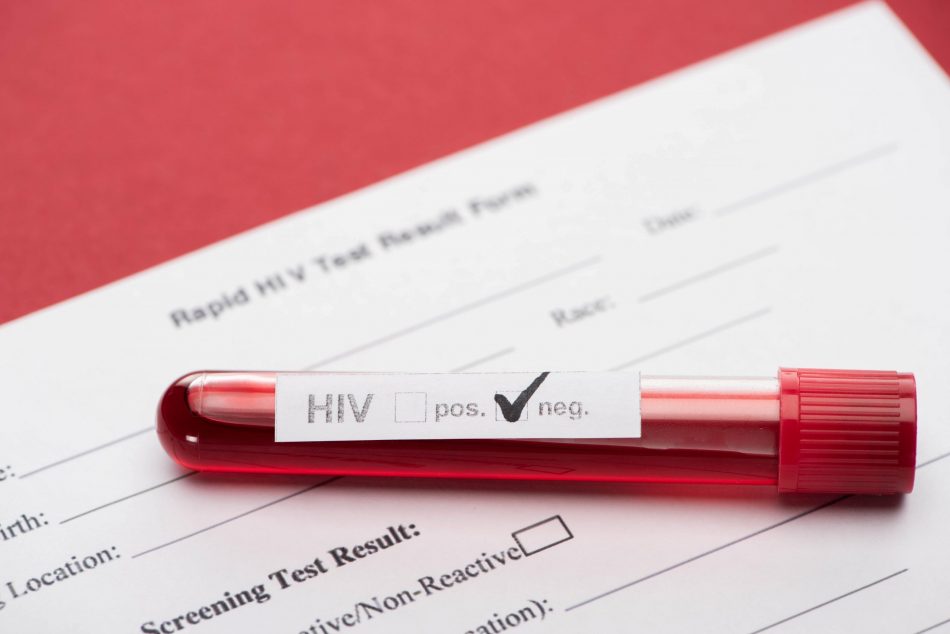A new report from Public Health England (PHE) revealed that new diagnoses of HIV amongst gay and bisexual men (GBM) have dropped to its lowest point in 20 years within the UK.
The report shows that there were 1,700 new HIV diagnoses in GBM back in the year 2000. In 2019, the number of new HIV diagnoses stood at 1,500. The report also found that HIV transmission in GBM has fallen by 80 percent between 2011 when there was an estimated peak of 2,700 cases and 2019 when there was an estimated 540.
According to researchers, the decline in HIV transmission in GBM can be directly linked to the increase in combination prevention, which includes the use of condoms, frequent HIV testing in a wide range of settings, pre-exposure prophylaxis (PrEP), and the starting of antiretroviral therapy (ART) as soon as possible following diagnosis. Scientists say that the treatment is so effective that 97 percent of people receiving ART have undetectable levels of the virus, making it impossible to pass the virus on.
It’s important to note that these reductions in HIV transmissions are not the result of changed behavior, but rather, of scientifically-backed interventions implemented by the state. The UK set forth the goal of eliminating HIV transmission by 2030. According to the new report, the UK is on track to accomplish this goal.











